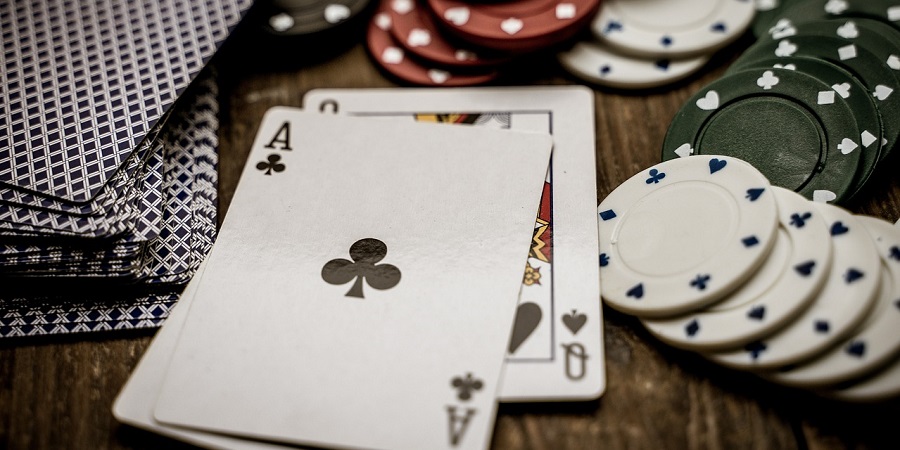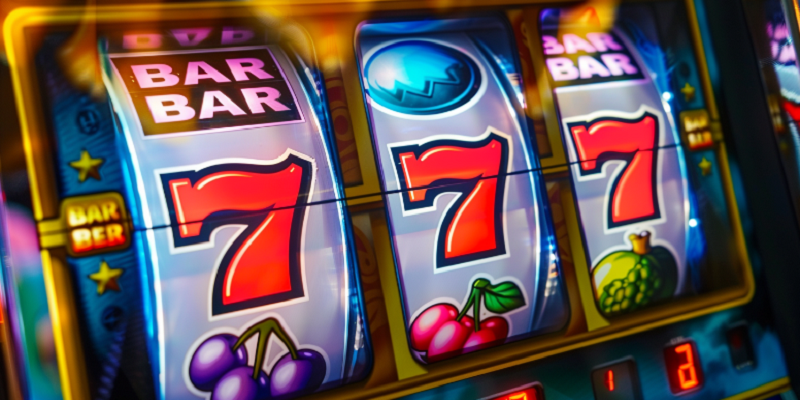There is ample historical evidence suggesting that most societies around the world have had some form of game or activity that involved gambling. It is simply in the human nature to have fun and entertain themselves in various ways. In the early days of ancient settlements that would grow into mighty civilizations and empires, gambling was almost as prevalent and important in daily life as it is today. Whatever the activity, be it a wrestling match, running, or horse racing, perhaps one of the earliest forms of team sport, or card and dice games, people would wager on the outcome.
Over the centuries and millennia, this was more and more complex as new games and ways of betting came into existence. With the rapid advancements of technology and societal norms in the 18th and 19th centuries, gambling became an industry. It went through a rapid spread and mainstream interest in the 20th century, and now in the 21st century, it is one of the fastest growing branches of the entertainment industry, thanks to online casinos and sportsbooks like Megawaysslot.com. But how exactly did we get here, and how has gambling changed from the early days to today? If you are a fan of it and it is your favorite pastime, read on to learn more.
Early History
Human beings have been fascinated with wagering on the outcome of games and activities for as long as they have lived together. The earliest evidence shows games of chance existed as early as 3000 BCE in Mesopotamia. They played a game with six sided dice and wagered on it. However, experts agree that there has been gambling since the Paleolithic period, and therefore well before written history. Many things have changed over the thousands of years of history, and gambling has evolved like everything else. However, the thrill of wagering remained, and people only adapted it to new games and made it bigger.
The first playing cards came in the 9th century during the Tang dynasty of China. This was the start of what is now online gaming, which arrived some 30 years ago and stuck like nothing before it. Risk taking entertainment has gradually changed; rules were introduced, fairness and transparency became important so that everyone could have a nice time and not get taken advantage of. Countries began introducing their regulations, and today we have significant differences between them. Canada’s stance on gambling is very interesting as changed over the last few decades.
A Quick Overview of Gambling in Canada
As Canada was settled and people from all over traversed the Atlantic Ocean in search of new life, settlements and indigenous groups mixed and shared their traditions. By that point, indigenous tribes had already been playing their games for centuries. One of those was Slahal, and certain members of the First Nations still play it today. It is a mix of marked and unmarked pieces hidden by one team while the other must guess their positions.
Settlers created settlements and brought their games. The first casino in the world was established in Italy in 1638, the Il Ridotto, with roulette and blackjack leading the way. In the 17th century, these games arrived in North America. Starting in 1767, horse racing became a thing when soldiers stationed in a garrison in Quebec City held a race. It was on the Heights of Abraham where the first advertised sporting horse race took place. Ontario followed suit in 1739 with a sandy circuit where Toronto Island is now.
The new Canadian government banned all forms of gambling in 1892, in what was a step back. Minor amendments to the Criminal Code came in 1900 that allowed charities to run bingos, raffles, and events to raise funds. Only the second half of the 20th century saw the move to gambling legislation. The 1960s were crucial with protests for social liberties. Outdated gambling taboos were taken into account, and Canadian provinces were given the authority to regulate their own gambling landscapes. The first lottery game in Ontario launched in 1975, called Wintario.
The 1980s experienced further legalization, including sports betting, and in 1985, brick and mortar casinos opened in Manitoba. The first one in Ontario was Caesars Windsor in 1994. Since then, gambling regulation has seen growth and freedom, especially online. Ontarians could get lottery tickets on the web and play digital casino games. In 2022, a precedent was set when Ontario finally offered the citizens sports wagering with single game betting on Ontario-based bookmakers. The Land O’Lakes became the first province to have a regulated open online gambling market. Private gaming companies were finally able to offer their iGaming to Ontarians, and the market has only grown since then.






